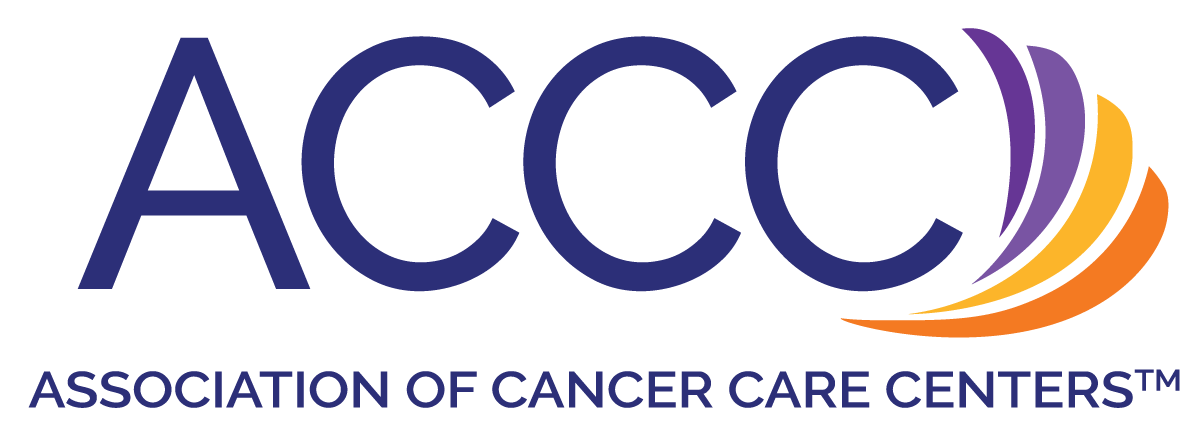
Discussing the Ever-Changing MPN Treatment Landscape

Andrew Kuykendall, MD, discusses recent approvals seen for patients with myeloproliferative neoplasms.
Andrew Kuykendall, MD, an assistant member at the H. Lee Moffitt Cancer Center of University of South Florida in Tampa, FL, discusses some of the most recent approvals seen in the myeloproliferative neoplasm (MPN) space.
Ruxolitinib (Jakafi) was the first JAK1/2 inhibitor to receive FDA approval for the treatment of MPNs. Others, including fedratinib (Inrebic) and pacritinib (Vonjo), have since gained FDA approval, and are showing benefit for this patient population.
Transcription:
0:08 | With ropeginterferon, for a long time, we've been using interferon formulations within polycythemia vera and essential thrombocythemia, maybe to a lesser extent within myelofibrosis. This is going back to the 90s. We know that it's effective, it can help control counts, and we have seen in small numbers of patients that it may be able to decrease the JAK2 allele burden and potentially could correlate with delayed disease progression and potential disease modification. That's something that has been exciting to patients.
0:42 | Historically, interferon has been challenged by toxicity, especially the short acting forms. As we got pegylated interferon, we had longer acting, better tolerated, and lower doses, and patients stayed on for a longer period of time, did better, could appreciate some of those durable responses that you get when you're on long term therapy. With ropeginterferon, we've now got an approved agent as opposed to using something off-label. It's given less frequently, so every 2 weeks, and we have seen good long-term data with more robust datasets that have shown the ability to decrease allele fractions and JAK2 mutations. What that's brought to the table is something not completely new, because we've been using interferons, but something that has stronger data to support it. It's something that we can use as an approved on-label medication for many patients. I think it's gotten patients very excited about potentially having something that can alter the natural history of disease.
1:40 | Pacritinib on the other hand is something that was approved for an unmet need. It's an accelerated approval for patients with thrombocytopenia with less than 50,000 platelets, and for those patients, we don't have many great options. We have ruxolitinib and fedratinib that are approved, but typically, they've been given in patients with over 50,000 platelets. We have struggled to treat these patients with lower platelet counts. Pacritinib has great data in the PERSIST-1 trial and PERSIST-2 trials [NCT01773187; NCT02055781], and in the ongoing PACIFICA study [NCT03165734]. It shows that it can be safely leveraged in these patients with lower platelet counts. We were happy to get the accelerated approval because now, we have an option for those patients, and we're not having to do things off-label or give modified doses. Now, we have something we can fully dose and bring an effective treatment for these patients that have an unmet need.








































